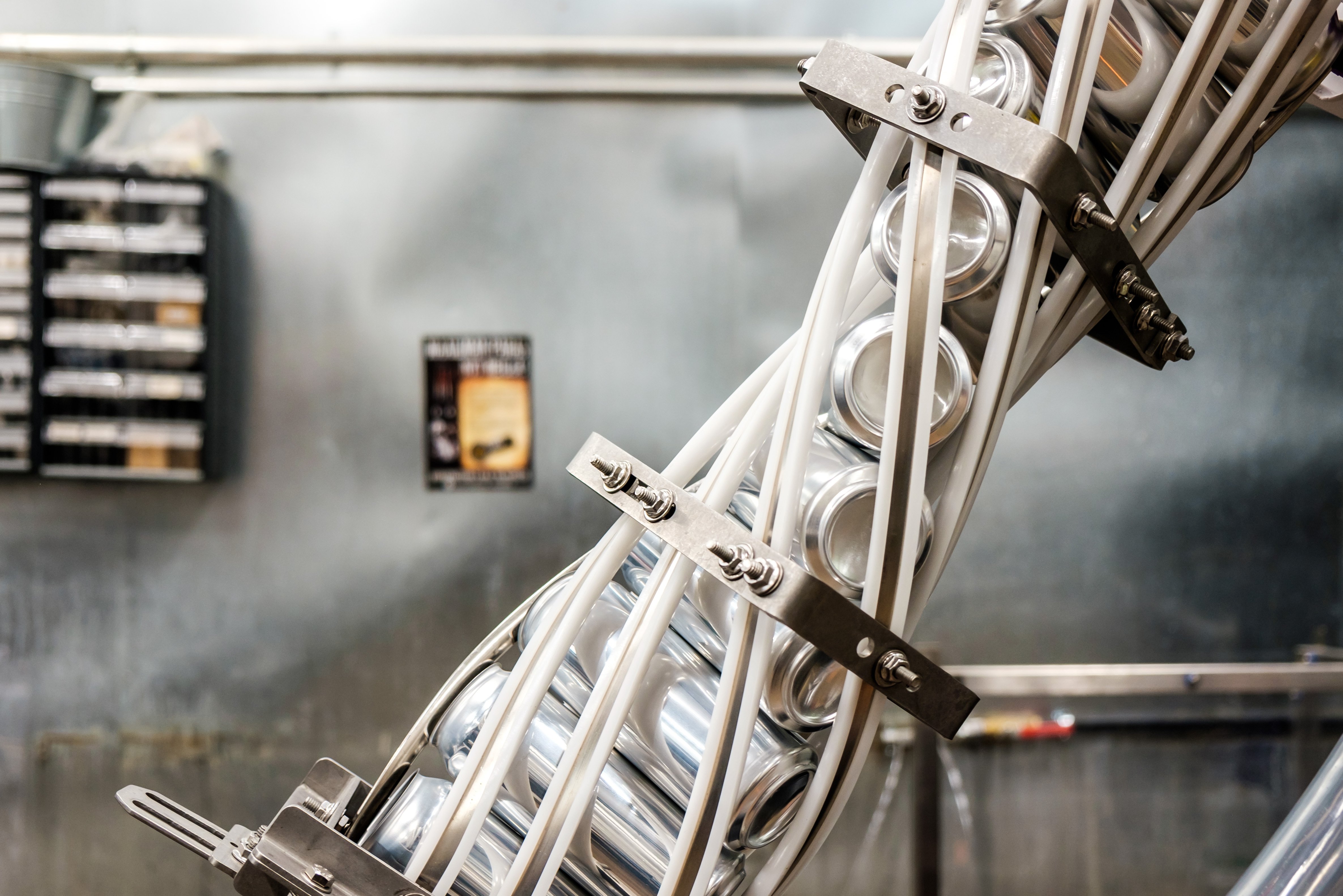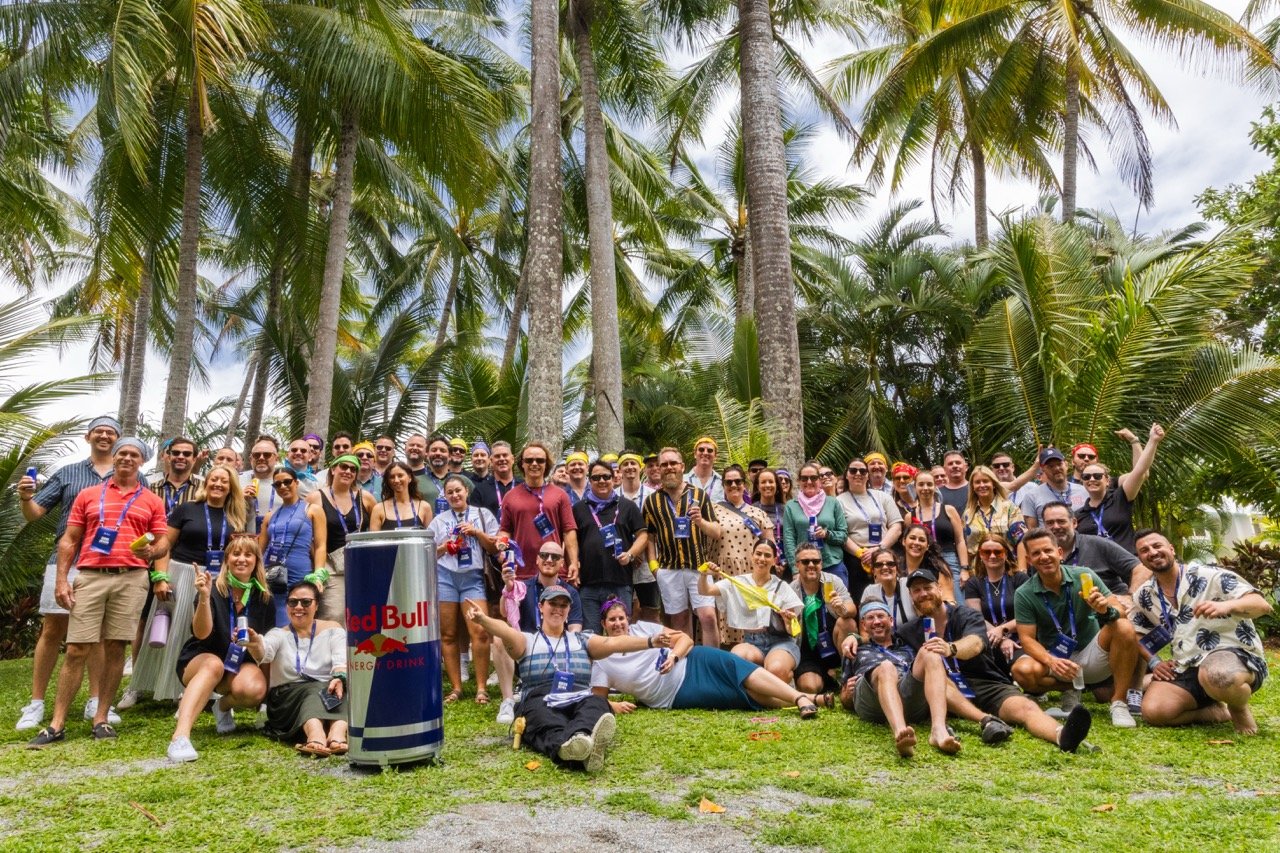There is hardly a bar, club, restaurant, or café that doesn’t have its own Facebook page. Proprietors love Facebook for promoting upcoming events and hosting glowing reviews, and patrons are expecting to see one when they access the internet while dining, drinking or just hanging out. But an increasing demand for internet access has seen bars, clubs, and restaurants – even local councils – provide free Wi-Fi that comes with a long list of terms and conditions and a privacy policy to ensure any personal information captured is used in a manner compliant with the law.
By Walter MacCallum, a partner with Aitken Lawyers
Information is gathered so easily in almost every transaction. It makes sense for marketing departments and businesses to want to use that information to better deliver products and services to their customers. This is information easily gathered when a customer reviews a bar on Facebook, buys some theatre tickets online, expresses an interest in purchasing property or scans goods at the supermarket in a rewards scheme - all of it leaving an information trail of considerable value to businesses.
‘Big Data’ in popular media – or this mass accumulation of information – is now subject to investigation by the Australian Productivity Commission, which is looking to review “the benefits and costs of options for increasing availability of and improving the use of public and private sector data by individuals and organisations.”
But what does that mean, exactly?
Well, if you own a venue that hosts patrons for entertainment purposes and you have a Facebook page, it’s likely that you might also want to provide free Wi-Fi. After your customers agree to the online terms and conditions, the personal information they supply can be used, for example, to match up with social media posts so you can better target a Melbourne Cup day function to patrons who like horse racing.
Collected data is very useful, but you should be careful about working within the confines of the Privacy Act 1988 (Cth) and a number of other privacy principles, as well as keeping an eye on what comes out of the Productivity Commission’s investigations over the coming year.
Already some hoteliers and bars in Australia make use of ‘social network contacts and other publically available details’, as well as email addresses, full names, mobile numbers, dates of birth, gender, employers, browsing history – all while at the premises. In large shopping centres for example, a unique identifier contained on all digital devices known as the Media Access Control (MAC) address allows customers’ movements to be tracked throughout the centre.
A similar use is made of the location settings on phones when a patron’s Facebook account broadcasts to contacts on Facebook that they have enjoyed lunch at a particular bar or restaurant. Importantly, privacy policies generally give people the opportunity to ask to view any data collected about them and to make corrections where necessary.
At the heart of the Productivity Commission’s enquiry are proposed reforms for the introduction of a new ‘Data Sharing and Release Act’ and a new National Data Custodian. This is intended to apply across Australia to all digital data. The tone of the Commission’s terms of reference is positive, but concerns regarding privacy will be at the forefront. As everyone will no doubt recall, hacking of information stored by companies
As everyone will no doubt recall, hacking of information stored by companies are common enough. The dating site, Ashley Madison, had personal information released by a hacker and in Australia, the site OK Cupid was found by the Privacy Commissioner to have breached the Privacy Act for failing to take reasonable steps to secure the personal information it held, when a data breach released personal details of 254,000 members.
The Productivity Commission’s inquiry is very timely as the use of data and the tracking of personal details is only going to increase. Already, around 68 per cent of Australians have a social media profile and a quarter of those access social media more than five times a day. It’s also important to note that 96 per cent of Facebook’s revenue is generated by targeting advertising based on information gathered from monitoring this use.
So, if your club, restaurant or bar has a Facebook page and provides free Wi-Fi, and you are considering gathering information on your patrons for marketing purposes, a properly drafted set of terms and conditions contained in a privacy policy is a must.
A failure to store or use that information in a responsible manner, according to legislative obligations and privacy laws, may not only get you in hot water with the authorities but will no doubt destroy the social media credibility of your business.
Share the content










